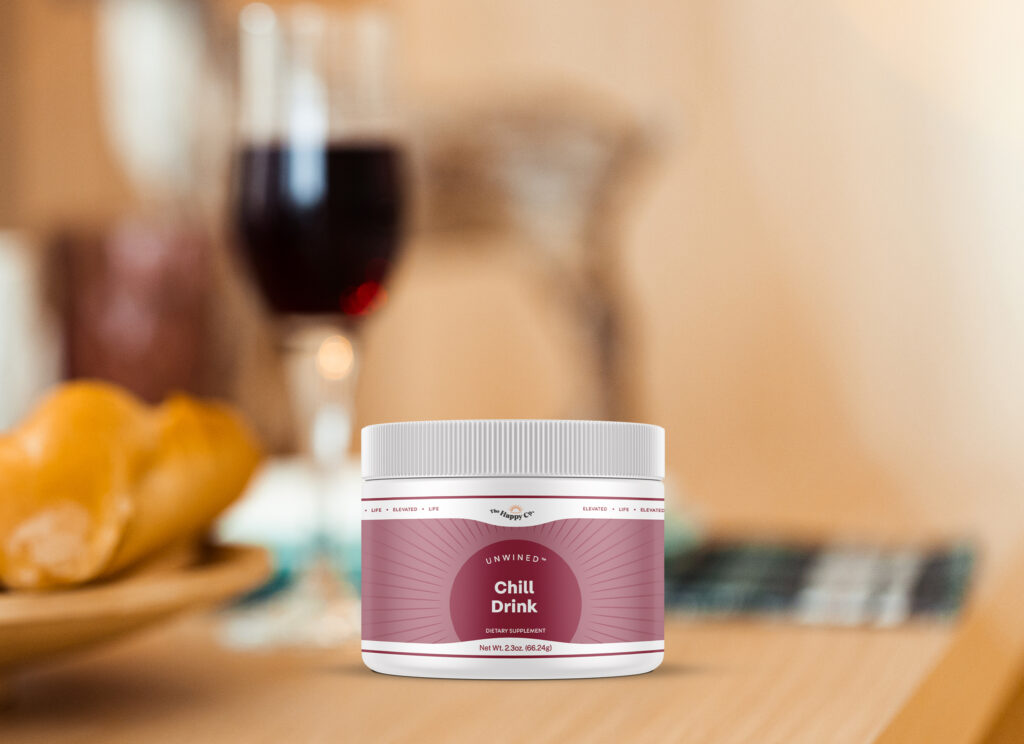September 29th is World Heart Day and to show our support and help spread awareness, we’ve compiled a list of heart-healthy habits, as well as risk factors everyone should know. After all, our hearts are the unsung heroes of our bodies, and staying heart-healthy should be a priority!
Why Cardiovascular Health Matters
Cardiovascular Disease, also known as CVD, includes several different conditions that affect the heart and blood vessels. Each year, CVD claims more than 20.5 million lives worldwide, 85% of which are caused by strokes and heart attacks. In the United States alone, a person dies every 33 seconds from CVD.
While the statistics are grim, there is hope. The World Heart Federation states that 80% of premature deaths caused by CVD are preventable, and with small lifestyle changes, you can positively impact your heart health.
5 Heart Healthy Habits
Ready to increase your heart health? Check out these small changes that can make a huge impact!
1. Managing Stress.
Unfortunately, none of us are immune to stress. And chronic, ongoing stress can cause havoc on your body, including heart issues like high blood pressure.
There are many ways you can help manage your stress, including yoga, breathing exercises, surrounding yourself with positive people, as well as taking time for yourself. For more simple tips to manage stress, check out this blog post.
2. Quality Sleep.
Did you know there is a sweet spot for getting the right amount of sleep? While many people don’t get enough quality sleep, too much sleep can also increase your risk of a heart attack. So what’s the magic number? For adults, this is somewhere around 7-9 hours.

Feel like you can’t relax at the end of a long day? Maybe it’s those unfinished tasks, an upcoming project, or just plain stress that makes finding your zen feel like an insurmountable goal. For a little help slowing down, relaxing, and kicking stress to the curb,† you’ll love our Unwined Chill Drink.
With no alcohol, excess sugar, or even the expensive price tag to keep you up at night, our Unwined Chil drink contains vital energy-balancing adaptogens, natural stress reducers and sleep enhancers, potent antioxidants, and more.
3. Limit Your Alcohol.
In addition to being high in calories, excessive drinking can lead to heart conditions, like high blood pressure, heart failure, and stroke. While drinking in moderation is a good rule of thumb, according to Hopkins Medicine, those with heart conditions like heart disease and heart rhythm abnormalities may need to avoid alcohol altogether.
So what exactly does moderation mean? While moderate drinking is about one drink per day for women and one or two for men, it’s important to consider serving size and type. For example, 12 ounces of beer, 4 ounces of wine, or 1.5 ounces of 80-proof spirits is equivalent to 1 drink.
4. Eating Right.

There’s a reason the weight loss industry comes in over 175 billion dollars worldwide. With so many foods on the market, including those marketed as healthy, that have little to no nutritional value, losing can seem like a lost cause. Instead of restricting all of your favorites, try incorporating more fruits, vegetables, and lean meats into your diet. While this may take a little pre-planning, it’s a great way to fill up on the good stuff. Another option is finding healthy ways to enjoy your favorite dessert flavors.
5. Get Moving.
Regular exercise comes with a plethora of benefits including increased energy, improved mood, better weight management, and a lower risk for heart disease, just to name a few. The CDC recommends individuals get 150 minutes per week of moderate exercise or 75 minutes of vigorous activity.
While getting more than the recommended amount of exercise can increase your benefits, it’s important to note that any exercise is better than none. So, if you’re just getting started or have fallen out of your routine, start small and work your way up. The idea is to move more and sit less.

Risk Factors for Cardiovascular Disease
According to the CDC, the main risk factors for heart disease and stroke are high blood pressure, high cholesterol, diabetes, smoking (including secondhand smoke!), obesity, unhealthy diet, and physical inactivity. And, while you can’t change your genetics, sharing your family history with your health professional and keeping up with screenings and any medications can go a long way in promoting heart health
† These product statements have not been evaluated by the Food and Drug Administration. These products are not intended to diagnose, treat, cure, or prevent any disease.



